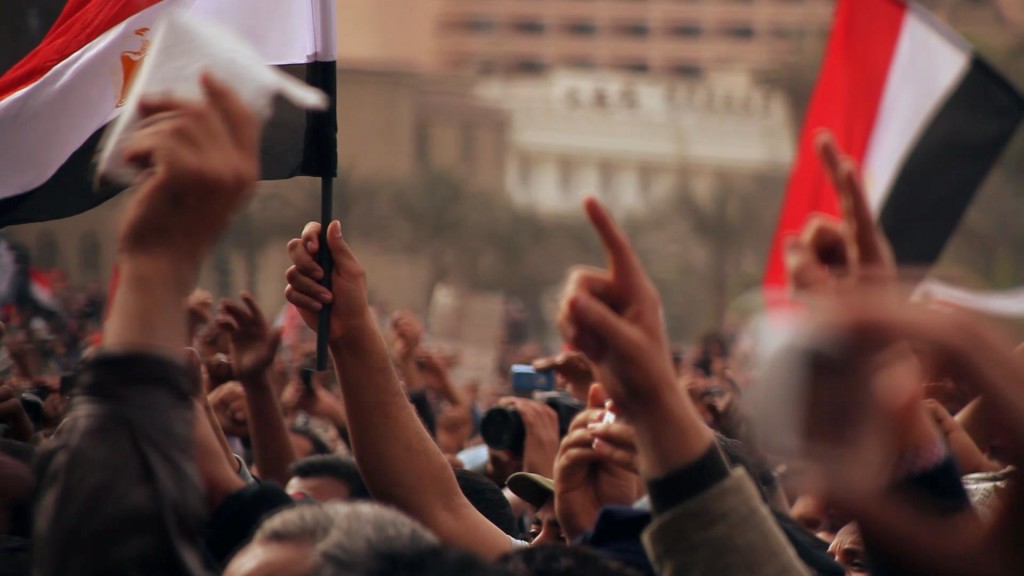Islamists: The Biggest Winners in Egypt’s Elections

December 1, 2011
Share
Liberal parties and youth activists may have sparked Egypt’s revolution, but the country’s Islamists appear to be the biggest winners in the first parliamentary elections since the fall of Hosni Mubarak last February.
Preliminary results show that candidates from the party formed by the Muslim Brotherhood, the Freedom and Justice Party, have won about 40 percent of the vote, as was expected. But what was unexpected was the success of the Salafis, Egypt’s ultraconservative Islamists, who analysts and state-media predict have taken about 25 percent of the vote.
A parliament with a 65 percent Islamist majority would be unprecedented, but as The New York Times notes, the numbers could be even higher when the final results for the upper chamber of parliament are known in January:
Although this week’s voting took place in only a third of Egypt’s provinces, they included some of the nation’s most liberal precincts — like Cairo, Port Said and the Red Sea coast — suggesting that the Islamist wave is likely to grow stronger as the voting moves into more conservative rural areas in the coming months. (Alexandria, a conservative stronghold, also has voted.)
But how might Islamists govern and what could it mean for the country? It was only nine months ago that religious parties were banned from participating openly in elections. Hardline Islamists like the Salafis, who oppose women’s participation in public life, have a more clear religious agenda, but the agenda of the Muslim Brotherhood — which is made up of a more broad swath of members spanning the religious spectrum, including a more moderate youth wing — is harder to gauge.
“I think one mistake that a lot of Western observers make is they look at [the Brotherhood] as a fundamentally political organization, that this is a group that wants to come to power. It’s much more complicated than that,” said political analyst Shadi Hamid in our film The Brothers, which was made during the revolution last February. “The Brotherhood doesn’t yet know what it wants. What does it mean to be an Islamist party not just in opposition but also in government?”
In the film, we followed the Brotherhood’s behind-the-scenes role during the revolution, and investigated a nascent divide emerging between the movement’s more moderate youth leaders and an older guard of more hardline members. The film, embedded below, is an illuminating look at the political role the Brotherhood seeks, but also at the pivotal yet often overlooked social role it plays in Egyptian society.
As for the Salafis, their projected electoral success is disturbing to those who fear an Islamic takeover in the country.
The Council on Foreign Relations’ scholar Ed Husain warned today that Salafis’ “ideas of literalist sharia as state law (hakimiyyah), manifest hatred of non-Muslims (al-wala wa al-bara), and excommunicating Muslims (takfeer)” can lead to both violent and nonviolent extremism.
As analysts speculate whether the Brotherhood could strike a coalition with the Salifis, some of Egypt’s liberal parties are regrouping to plan their strategy as an opposition group.
*Dec. 2, 2011 Update: The Muslim Brotherhood’s Freedom and Justice Partytoday announced that it rejected an “alleged alliance” with Salafi party Al Nour “to form an Islamist government” and re-emphasized its hopes to form a unity government with more liberal parties.
Related Documentaries
Latest Documentaries
Related Stories
Related Stories
Explore
Policies
Teacher Center
Funding for FRONTLINE is provided through the support of PBS viewers and by the Corporation for Public Broadcasting, with major support from Ford Foundation. Additional funding is provided the Abrams Foundation, Park Foundation, John D. and Catherine T. MacArthur Foundation, Heising-Simons Foundation, and the FRONTLINE Trust, with major support from Jon and Jo Ann Hagler on behalf of the Jon L. Hagler Foundation, and additional support from Koo and Patricia Yuen. FRONTLINE is a registered trademark of WGBH Educational Foundation. Web Site Copyright ©1995-2025 WGBH Educational Foundation. PBS is a 501(c)(3) not-for-profit organization.





















